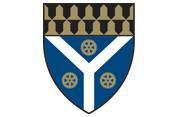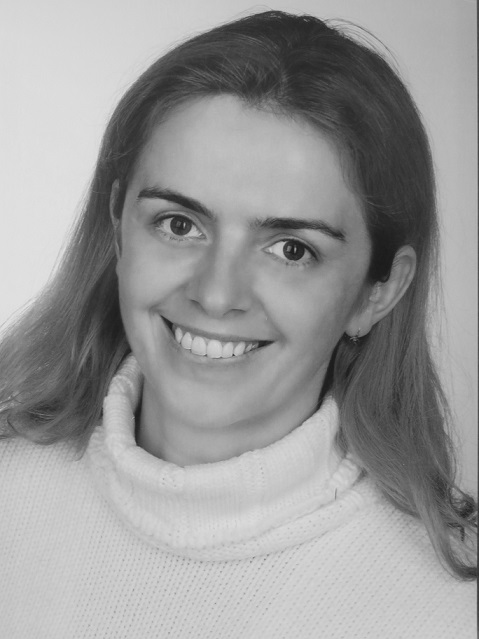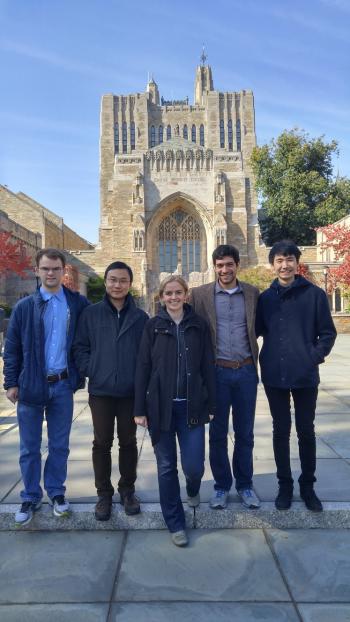Ruzica Piskac Wins 2019 Ackerman Award

Ruzica Piskac’s approach to teaching has long focused on helping her students find what they’re passionate about.
 “I try to motivate them to work on something they’re interested in,” said Piskac, assistant professor of computer science. “At the same time, I try to guide them - ‘This is too much, let’s try to downsize it,’ or maybe, ‘Let’s see what else can we add to this.’”
“I try to motivate them to work on something they’re interested in,” said Piskac, assistant professor of computer science. “At the same time, I try to guide them - ‘This is too much, let’s try to downsize it,’ or maybe, ‘Let’s see what else can we add to this.’”
This kind of focus on her students is one of the many reasons Piskac has been selected to receive the 2019 Ackerman Award for Teaching and Mentoring. Made possible by a generous gift from SEAS alum Robert W. Ackerman '60, this annual award, which includes a $5,000 cash prize, recognizes outstanding teaching and mentoring as evidenced by the faculty member's impact on students.
Her practice of encouraging her students’ interests applies to both undergraduates and graduate students. The result is a lab with an eclectic mix of studies, each complementing the others.
“I talk with them and I see what they’re interested in and I tell them what I’m interested in, and we always find a topic that will be good for all of us - where we can all grow,” she said.
A few years ago, Mark Santolucito, a graduate student focusing on computer music, was seeking an advisor to continue his studies. Computer music isn’t Piskac’s specialty, but Santolucito’s friends recommended that he talk to her - she’s great, they told him.

“When I first started talking to Ruzica, she was immediately sympathetic to my situation - she shared with me that she had gone through a similar experience,” he said. “She said that she would support my work in computer music, although she has little background in the topic, but also push me to be at the top of her field. And indeed she has. Ruzica has helped me go far and beyond what I ever expected of myself.”
Her style of teaching is constantly evolving. “Some people think that you go out and give a lecture, and that’s it. But all the time, you’re learning something new.” That means adjusting occasionally. For instance, she now knows that students will often wait until the last week, causing all sorts of stress. Now she assigns it two weeks in advance, and things are a lot better.
Piskac’s ability to make complicated subjects engaging and to make the learning environment accessible and fun were mentioned often in the many nomination letters written on her behalf.
“I can say with certainty that every student in the class looked forward to coming to class every day, which is especially impressive for a topic as technical and difficult as writing proofs for computer programs,” an undergraduate student wrote. “I came into her class with a mild to moderate interest in software verification, but her class amplified this interest many fold.”
Another student wrote that he couldn’t decide on whether to go to graduate school or not and turned to Piskac for advice.
“She asked me to consider what I really wanted to do, and what kinds of work would make me happy both on a day to day and a overall life progression level. She did this with an empathy and openness I've never felt from a professor before, and her advice helped me strengthen the confidence to return to graduate school.”
It’s pretty common for her former students to stay in touch and often call with careers questions or seeking advice about their post-Yale lives. Last week, one student called to ask her for thoughts on possibly selling his start-up. Piskac was happy to take the time to go over the positives and negatives of either choice.
“It took me a long time to decide what I wanted to do with my life,” she said. “Now, ideally I know that I want to work with students.”

